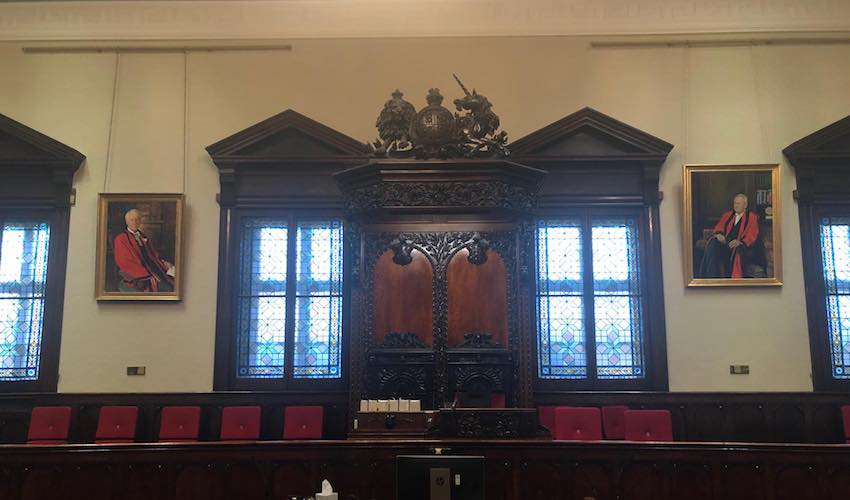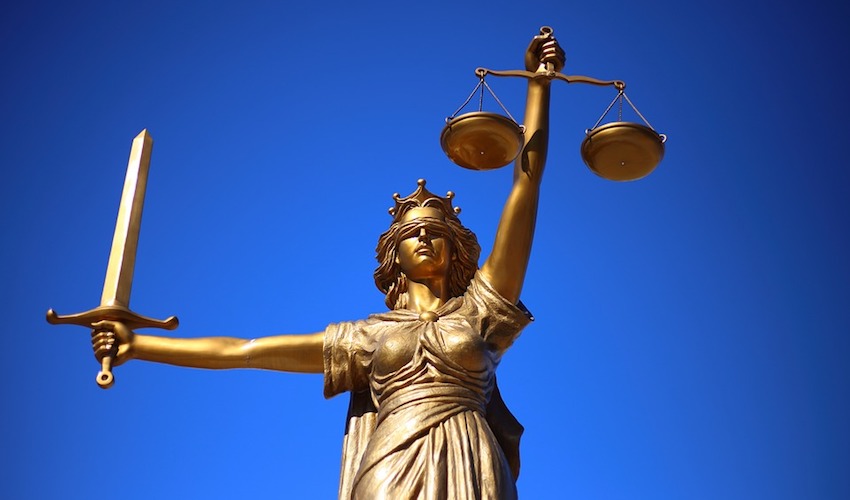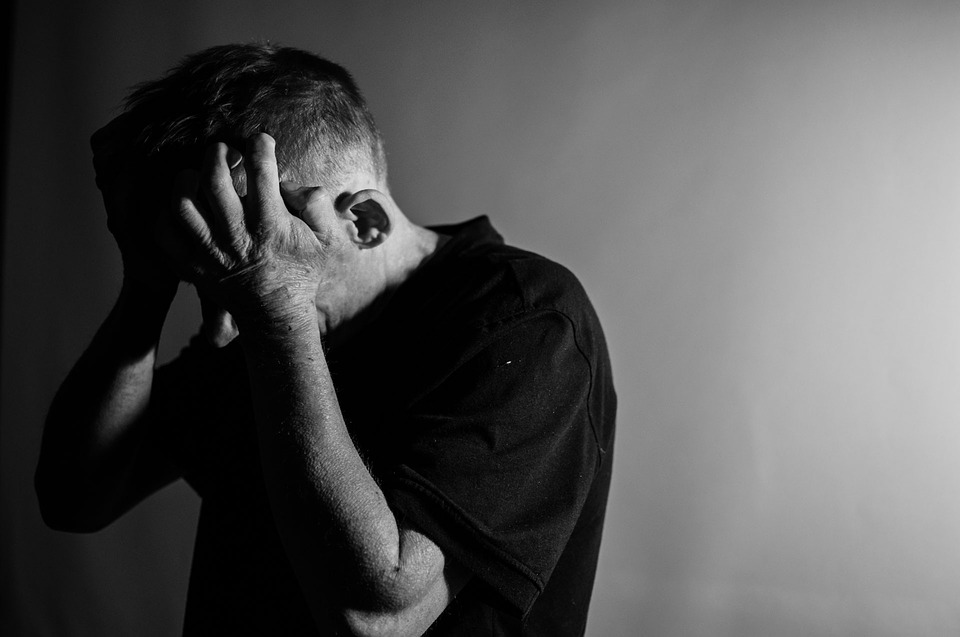


“Have you reached a decision on which you are all agreed?”
“No.”
“Have you reached a majority decision on which at least 10 of you have agreed?”
“No.”
“If you are given more time, perhaps, this evening, or time over the weekend, are you likely to reach a majority decision?”
“No”.
...These were the questions from the Deputy Bailiff, and the answers from the foreman of the jury, in a recent rape trial in which I represented the defendant.
Why was it, in a trial for serious offences which included detailed DNA and medical evidence, a mix of 12 men and women could not agree unanimously - or even by a majority of 10 - whether the defendant was guilty or not guilty, of two counts of rape? Because the evidence was insufficient. That’s obvious, isn’t it?
This trial, maybe more than any other in which I have been involved, raised so many more moral, theoretical, political and judicial issues. Over the next few months I am going to examine some of these issues to promote thought and debate - and maybe some change.

Pictured: Olaf examines a trial he was involved in that he says raised more "moral, theoretical, political and judicial issues" than any he had encountered before.
After the trial, there were posts on social media about the issue of re-trials: some people stating that a retrial was the only way forward, while others considered the matter done and dusted. So, what are the pros and cons in respect of retrials when a jury is ‘hung’?
Firstly, we need to go back to basics: the initial premise is the well-known phrase ‘innocent until proven guilty'.
When a person is tried, and the prosecution fails to establish guilt, isn’t that the end of the matter? Why do some consider the defendant must stand trial again to prove his or her innocence? If the jury can’t agree on his or her guilt, why should the burden of proof shift, and the public says, “You need to stand trial again, until you can prove you are innocent, or we prove you guilty. Unless there is a definitive outcome, we run the trial again until we get one.”
If that is how the justice system is going to proceed we might as well throw away the mantra of ‘innocent until proven guilty’. It would also run contrary to what judges tell juries: “The prosecution must prove the defendant is guilty; the defendant does not need to prove his innocence. In fact, the defendant doesn’t need to prove anything at all.”

Pictured: "When a person is tried, and the prosecution fails to establish guilt, isn’t that the end of the matter?"
In the ‘olden days’ if the jury did not agree a verdict unanimously, each jury member in turn would have to whisper their verdict to the judge who would keep a ‘score’. If the total was that 10 or more members considered the defendant was guilty, then s/he was convicted. If the score was anything other, s/he was found not guilty. Just under a year ago, the process changed.
In some respects, that’s not a bad thing. I once did a trial where the defendant was charged with 14 counts of fraud. The 12 members of the jury had to form a procession and whisper their verdicts to the judge for count 1; then do it again for count 2; count 3; count 4 and so on. By the time we got to about count 6 or 7 the judge (who was a high court judge from the UK) looked up, shook his head and proclaimed, “this system has to change. It’s ridiculous!”
But the point is, the outcome has not really changed. Under the old system, it didn’t matter whether 11 members of the jury, or 3, whispered ‘not guilty’: the outcome was ‘not guilty’. The numbers – or score – would never be disclosed and didn’t matter. What’s happened since is that unless a majority of 10 arrive at ‘not guilty’ the defendant is discharged, rather than declared ‘not guilty’.
I read one online comment about this defendant in which a member of the public said how terrible it must be for the defendant who has not been found ‘not guilty’, and how he would most probably like the opportunity to have another trial so he could be properly vindicated. While I understand the thought process, the notion of going through the trauma of trial again is unthinkable.
It is a horrible time. I often see the look of fear in my client’s eyes; I experience them pleading with me to tell them all will be okay; I hear them tell me all the things that have happened which have been unfair in the criminal process. In some cases I hear them tell me how they believe the colour of their skin or their race is dictating what is happening. The prospect of having to do it all again would be a sentence in itself for those people.

Pictured: "The prospect of having to do it all again would be a sentence in itself."
The really important point is that in most trials the same outcome would occur again. If 12 people cannot agree guilt or innocence why would a different set of 12 people do so? And what would the public think if the defendant was discharged again? Would it stimulate ‘no smoke without fire’ responses? Would it not lead them to conclude, “Well, he’s definitely done it. They just can’t prove it. If he was innocent the jury would say so”? Would it just confirm the switching of the burden requiring the defendant to prove their innocence despite the law not requiring them to prove anything.
In addition to all of this is the cost of a retrial. Trials are very expensive. To re-run a trial wouldn’t be as expensive as the first one but it would still be costly. And what about the further delays? Also, should the prosecution, after seeing how the defence has destroyed their case be allowed to ‘fix’ their case? What happens if there is another hung jury? Do we have another trial again? And again? When do we stop? After three? Why three? Why not four? In fact, why not five? Should the defendant be locked up throughout the period of the re-run and re-re-run? And, what happens - after six trials – when the defendant is found not guilty? Do we just apologise for it all taking so long, but hope they understand?
The underlying system is fine. It works and it works fairly. If the prosecution cannot prove the defendant is guilty then he should walk free. Personally, I think it is unfair to refer to him as ‘discharged’ just because the jury has not, by majority, found him ‘not guilty’. I think the terminology has unwarranted effects. The defendant, unless convicted should be referred to as ‘acquitted’. Of course, whatever the terminology, all the adverse feelings, thoughts, rumours and social media posts would not have any effect at all if defendants’ identities were protected during trial, which is something I will, yet again, cover in a future article.
Comments
Comments on this story express the views of the commentator only, not Bailiwick Publishing. We are unable to guarantee the accuracy of any of those comments.